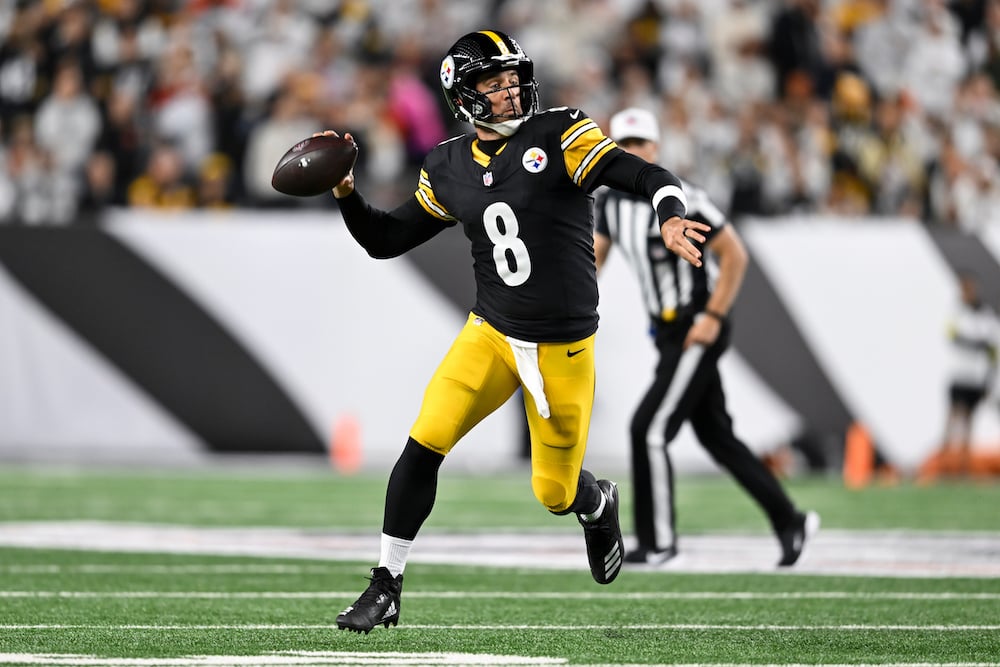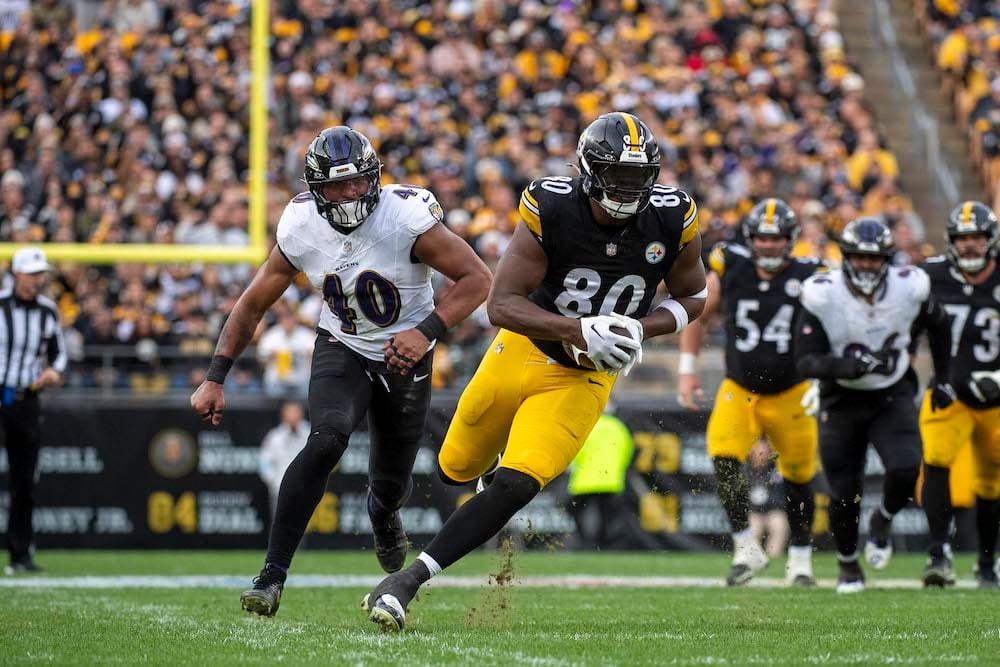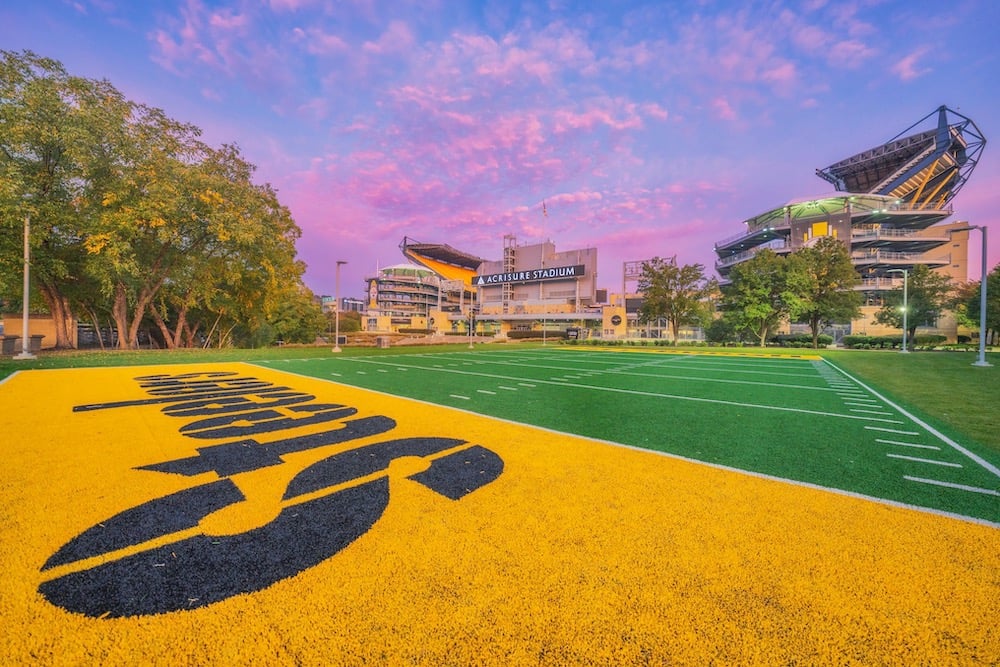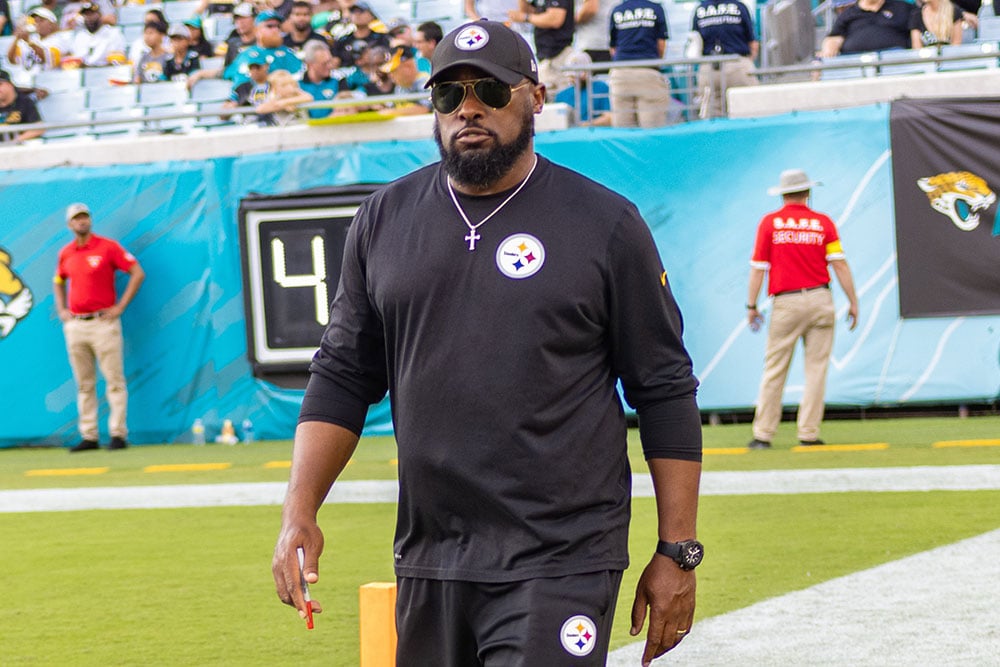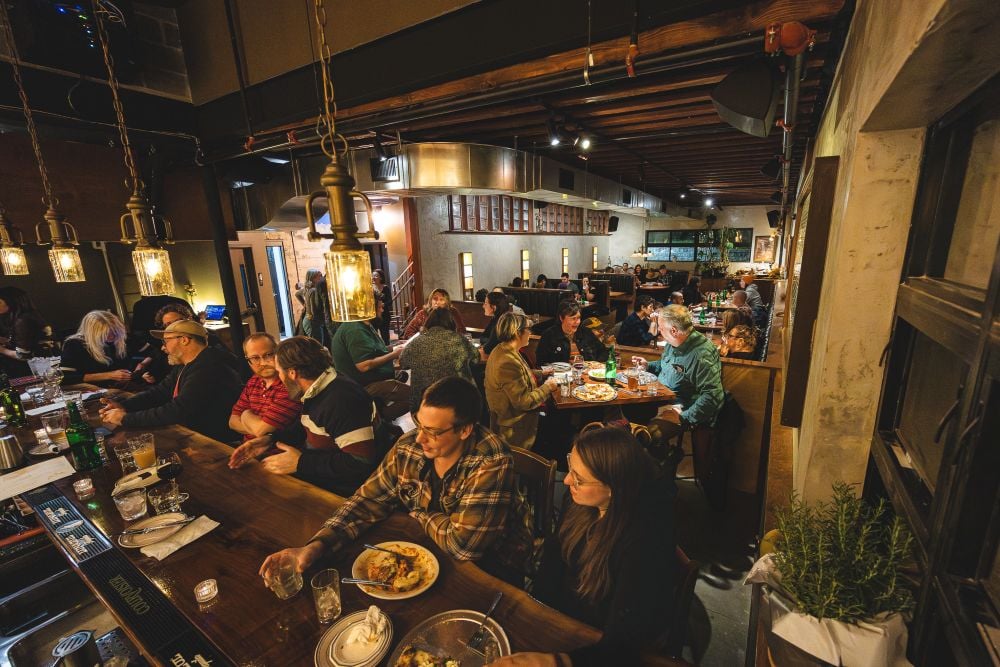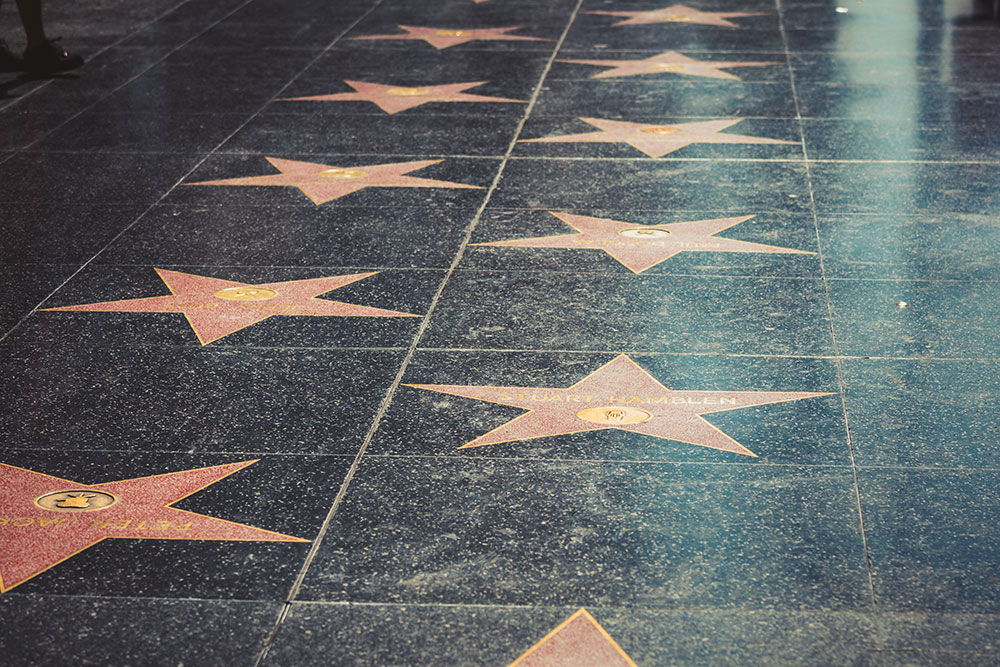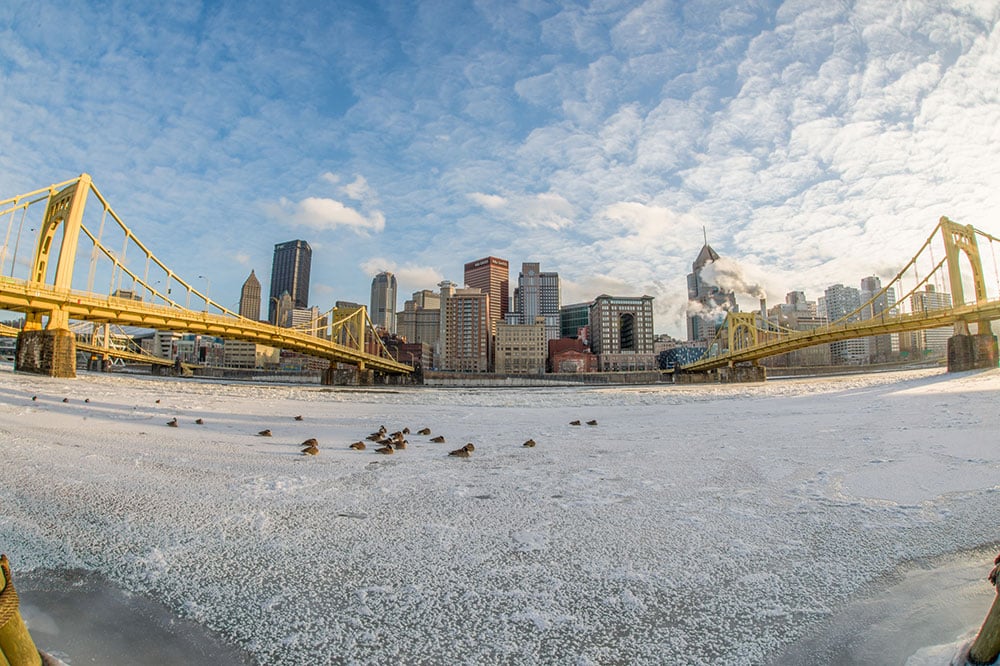The Penguins’ New Boss Should Be the Same as the Old Boss — If They’re Lucky
Kyle Dubas has opted to do what he never wanted to do: search for the next Mike Sullivan. The decision is as dubious as finding the next Sully will be daunting.
Of all the things Kyle Dubas has said since being named director of hockey operations and then anointing himself general manager of the Penguins, one in particular tended to resonate:
“If you don’t have Sully, then you’re looking for Sully.”
Until this week, at least. Let the search for the next Mike Sullivan commence.
Dubas has done a 180 and decided to replace a coach he called “one of [the best], if not the best, head coaches in the league.”
The move was not made because of any philosophical or schematic differences, Dubas maintained. There was also, Dubas insisted, no personal rift between Sullivan, the most accomplished coach in Penguins history, and Dubas, who continues to enjoy a reputation as one of the smartest guys on the hockey block despite having accomplished very little in Toronto and even less in Pittsburgh.
The Penguins’ extended plummet from contending status on Sullivan’s watch was never mentioned. Not having won a postseason series since 2018 never came up. Nor did the fact that the Pens have lost their last five such matchups in succession, having missed the playoffs for three consecutive campaigns and suffering a losing season in 2024-25, the franchise’s first since 2005-06.
Perhaps all of that was left unsaid because Sidney Crosby, Evgeni Malkin, Kris Letang and Bryan Rust have their fingerprints all over that stuff as well as Sullivan, but I digress.
“I think it’s just time,” Dubas assessed. That, too, is destined to resonate, because it makes such little sense.
This isn’t 2008-09, when Dan Bylsma was summoned from AHL Wilkes-Barre/Scranton in-season because a Penguins team that had reached the Stanley Cup Final the previous season had simply stopped playing for Michel Therrien. Bylsma shepherded the Penguins back to the championship series — and this time got them on the right side of the handshake line.
And this isn’t 2015-16, when the Penguins brought Sullivan up from the AHL after they’d finally seen enough of what they were accomplishing under Mike Johnston through 28 games. That resulted in not one but two Stanley Cups won.
Dubas also cited it being “essentially impossible,” in his estimation, for a coach to “lead a team to winning and being in contention and then through a transition and all the way back.
“I don’t know that there’s a coach in the NHL that’s done that,” he added.
One reason that never happens is coaches are considered so disposable in the NHL. Even guys who win Cups rarely if ever get such an extended opportunity.
I wouldn’t have put it past Sullivan to become the first.
The players don’t respond to Sullivan the way they once did, that much has been apparent for the past couple of seasons. But it’s just as apparent many of those players won’t be on the roster if and when the Pens’ in-progress rebuild sprouts wings a couple of seasons from now. It’s a good bet Tristan Jarry, Ryan Graves and Erik Karlsson won’t, to name three.
In addition to a new coach, Dubas is seeking players who will be “way more competitive, faster” and “more talented.”
Maybe he should have been looking for those all along, instead of retaining Jarry, signing Graves and trading for Karlsson.
The grand vision for what’s next includes someone who can “continue to partner with us on all we’re undertaking,” someone capable of “continuing to maximize the prime or the end of careers
of some of the players we have,” and ”expeditiously developing some of the young players that have already come onto the roster or are about to come onto the roster.”
Dubas added the ability to “protect the core ideology” while “continuing to stimulate” as desirable traits.
“We’re looking to hire a great head coach,” he emphasized.
Hopefully, once the partnering and the expeditiously developing and the stimulating and the ideology protecting is complete, the Pens will find one who values going to the dirty areas, staying on the right side of the puck and playing defense as if it actually matters. Hopefully, the next man behind the bench will implore his players to “play the right way” and then go from there.
Just like the one whose services are no longer required.


